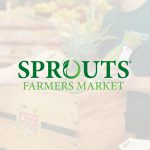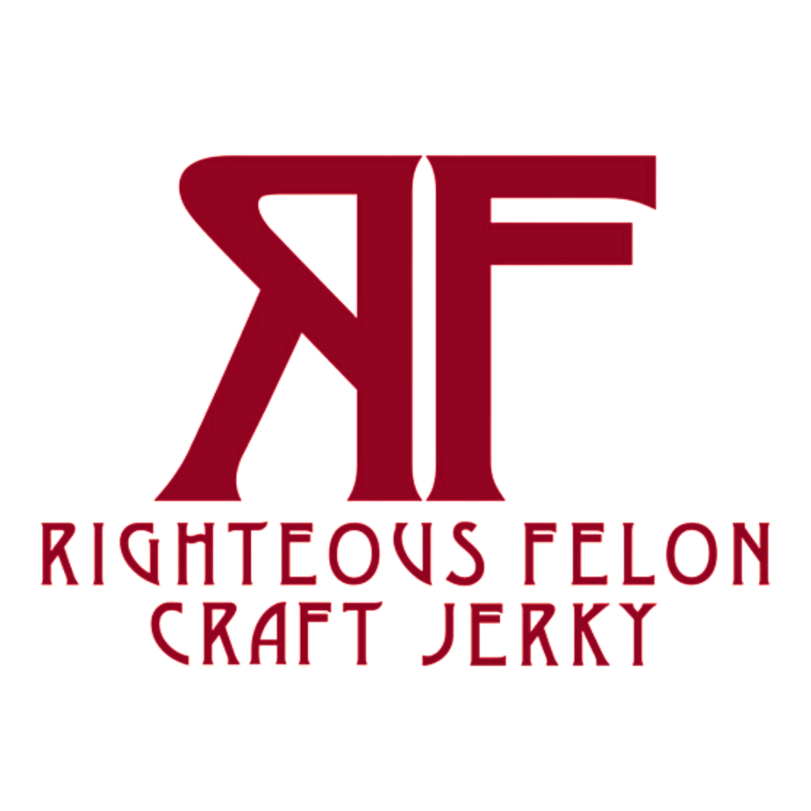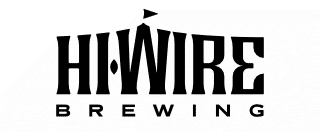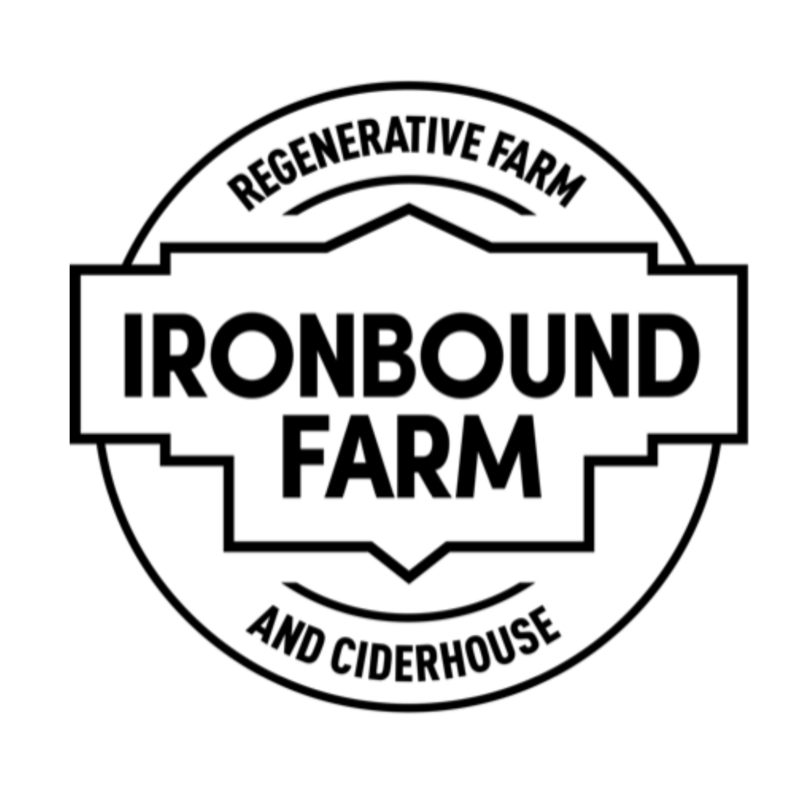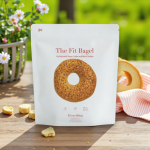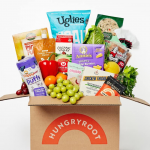The Checkout: Grupo Bimbo Acquires Popcornopolis; Nature’s Fynd to Open New Facility
Welcome to The Checkout: an express lane for the weekly news you need to know, always 10 items or less.
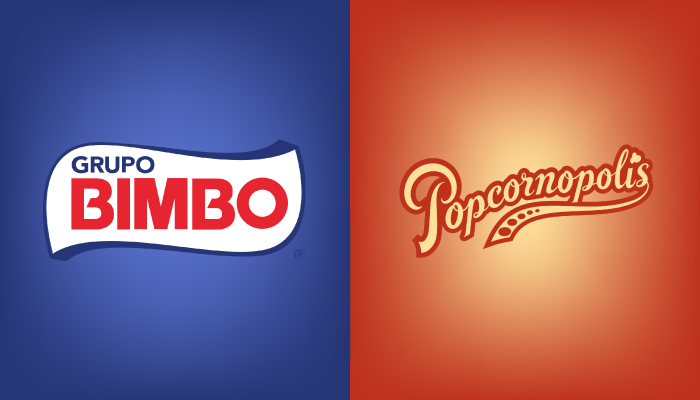
Grupo Bimbo Acquires Popcornopolis
Mexico-based baked goods giant Grupo Bimbo announced its acquisition of gourmet popcorn maker Popcornopolis from NexPhase Capital during its Q3 earnings call yesterday. Terms of the deal were not disclosed.
Popcornopolis will join the company’s snack division, Barcel USA, alongside spicy snack brand Takis, which released its own popcorn line called Takis POP! in May.
“Popcornopolis produces premium ready-to-eat popcorn made with natural and best-in-class ingredients,” Servitje said on the call. “This acquisition marks our entrance to the crafted popcorn category in the U.S., which is an excellent platform for innovation.”
NexPhase Capital took a majority stake in Popcornopolis in November 2019, with the goal to expand the company’s omnichannel presence by expanding its portfolio beyond giftable items in its signature cone packaging to everyday snack items suited for grocery.
Launched in 2003 by Wally and Kathy Arnold, the popcorn maker’s portfolio includes a wide variety of sweet and savory popcorn flavors. As well as online, the brand is now sold across club, food, drug, mass and convenience channels, this week expanding to 1,800 Kroger stores with its Double Drizzle, Caramel & Kettle and Honey Butter varieties.
“We have only scratched the surface of the potential of this brand, and we are excited to introduce more consumers to our wildly delicious, indulgent popcorn as part of Barcel USA’s leading snack platform,” Popcornopolis CEO Danny Simon said in a press release. “We are grateful for our fantastic partnership with the NexPhase team, whose consistent support and strategic guidance have been instrumental to the exceptional growth of this brand.”
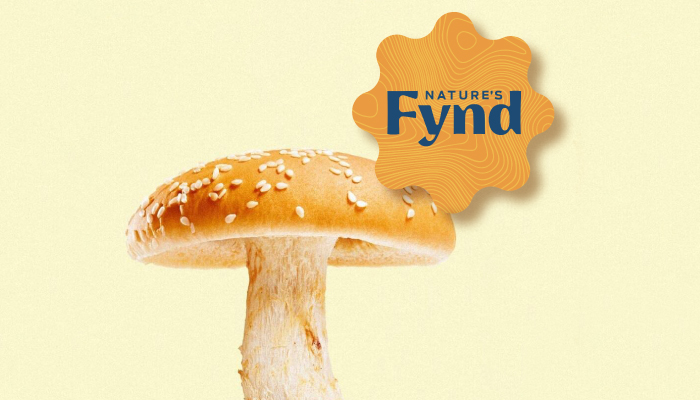
Nature’s Fynd to Begin Construction on New Facility
Fungi-based meat and dairy alternative maker Nature’s Fynd yesterday announced its plans to begin construction on a new facility in Chicago’s South Side. The 200,000 square foot facility will grow the company’s production from its current 35,000 square foot facility in Chicago and add a new R&D and Innovation center, according to the company.
Nature’s Fynd said it intends to add over 200 new Chicago-based jobs by the end of 2023; the company currently employs 152 staff members across Chicago and Bozeman, Montana, where it operates an R&D center.
The expansion comes after a $350 million funding round closed in July, the largest ever investment in a fermentation company. After launching products online earlier this year, the company made its retail debut in September at California’s Berkeley Bowl with its Meatless Breakfast Patties in Original and Maple flavors and Dairy-Free Cream Cheese in Original and Chive & Onion varieties. Nature’s Fynd said it will launch in Chicago at retailer Mariano’s in the coming weeks.
“Following our successful retail launch in California, we are excited to expand our distribution to Chicago and other cities over the coming months,” said CEO Thomas Jonas. “Bolstering our production capacity in Chicago is the next major milestone as we bring our Fy-based foods that are better for people and better for our planet to more stores.”
Launched in 2016 as an ingredient supplier, the company switched its focus to CPG last year to produce plant-based products using a fermented fungi-based protein — which it has dubbed Fy protein — that it first discovered in Yellowstone National Park’s geothermal springs. In March, it received a GRAS no questions letter from the USDA for the use of its Fy protein in food products.
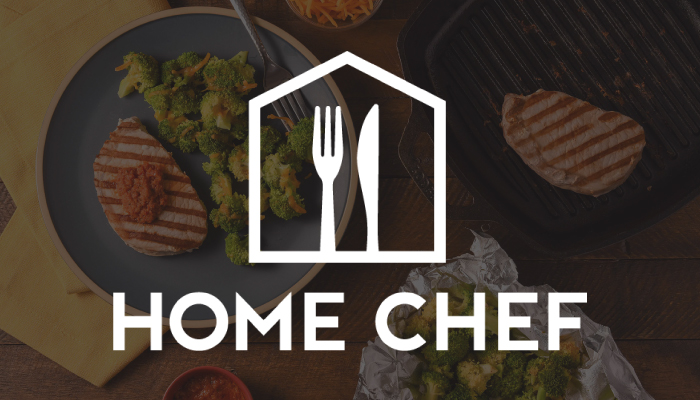
Home Chef Surpasses $1 Billion in Sales
Kroger this week announced its meal kit company Home Chef has surpassed $1 billion in annual sales. The grocer acquired the company in 2018 for $200 million.
Founded in 2013 by CEO Pat Vihtelic, Chicago-based Home Chef offers over 500 products across meal kits, heat-and-eat, ready-to-cook and seasonal meal solutions via subscription, in-store or delivery across 2,200 Kroger stores. Home Chef president Erik Jensen said the company looks forward to “scaling the brand and creating new products that are accessible to customers nationwide.”
“Home Chef was founded on the idea to simplify mealtime with easy-to-make, delicious recipes,” Vihtelic said in a press release. “Since 2013, we’ve grown from delivering meals with a rented truck to becoming a leading brand for Kroger. With Kroger’s support, our two brands offer a collective passion to make mealtime easy and bring people together over a meal.”
Stuart Aitken, chief merchant and marketing officer at Kroger, predicted the sales milestone in April during the company’s Investor Day. He said Home Chef had seen “accelerated growth” in an “incredible year” for the company, with sales up 118% in 2020, which he attributed to the company “constantly innovating, testing and learning new partnerships that can provide unique offerings for our customers.”

Straus Family Creamery Tests Seaweed to Cut Methane Emissions
Organic dairy producer Straus Family Creamery believes it may have found a solution to cow-related methane emissions, which make up over a third of farm-based greenhouse gas emissions. The farm partnered with seaweed supplement brand Blue Ocean Barns to test how cow’s ingestion of red seaweed could possibly reduce their methane emissions, announcing this week they found it cut its cows emissions by a range of 52% to 90%.
The Petaluma-based farm said it received approval from both the United States and California Departments of Agriculture to conduct the trial. Over the 50-day trial, the farm added one quarter pound of red seaweed (Asparagopsis taxiformis) to their cows’ daily 45-pound diet from August to September, testing the enteric methane emissions from 24 cows four times a day. This method was designed to replicate a study published in the Journal of Cleaner Production in 2019 that demonstrated a 50% reduction in methane emissions, with other studies finding this process didn’t affect the taste or make-up of the milk or cow’s health or milk production.
“If we can get up to 90 percent reduction in methane emissions through feeding red seaweed to cows, this is a huge leap forward for us in creating a sustainable farming system that is beneficial to the planet and our communities,” Straus founder and CEO Albert Straus said.
Straus said it aims to be carbon neutral by 2023, through efforts like using on-farm electric vehicles and carbon farming to improve soil health. Blue Ocean Barns said it plans to continue working with dairy farms and brands in the future to conduct similar trials. California, the country’s leading milk producer, set a goal in 2016 to reduce emissions from livestock by 40% below levels recorded in 2013 by 2030.



